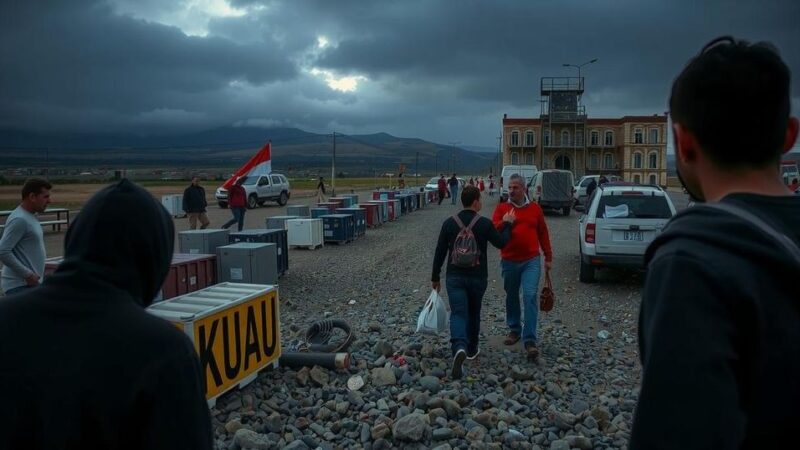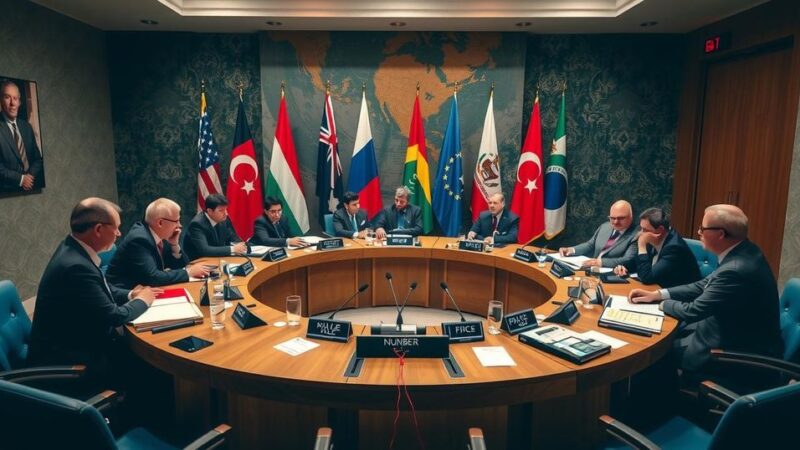At COP29 in Azerbaijan, participants express concerns over a regression in gender inclusivity, with key proposals omitting gender-related language. The opposition, led by countries like Saudi Arabia and supported by Russia, indicates a troubling trend in climate negotiations that could adversely affect women, who are disproportionately impacted by climate change. Activists and delegates stress the importance of maintaining a gender focus in climate policies amidst this concerning development.
Concerns are growing regarding gender equity in the ongoing global climate negotiations at COP29 in Azerbaijan, where notable progress appears to be reversed. Previous conferences emphasized the inclusion of women—who disproportionately bear the brunt of climate-related challenges—but recent discussions notably omitted references to gender and diversity. Mary Robinson, Ireland’s first female president, remarked on the opposition to gender language led by Saudi Arabia and supported by Russia, indicating a troubling trend of backtracking. Recent drafts maintain minimal references to gender in climate finance, revealing a stark disconnect amid climate crises that overwhelmingly impact women and girls.
Participants at COP29 have expressed alarm over this regression, especially as the majority of displaced individuals due to climate change are women, intensifying their vulnerabilities. During a UN-themed gender day, German Foreign Minister Annalena Baerbock highlighted the necessity of integrating women’s perspectives into climate strategies, calling for a revitalization of policies supporting gender inclusivity. Yet, some negotiators, including Canadian representative Catherine Stewart, expressed apprehension that current proposals could sideline critical gender considerations in climate policy.
The issue of gender inclusivity in climate negotiations is of paramount importance as women are often disproportionately affected by climate change, facing increased risks of displacement and human rights violations. Gender language in climate agreements has historically aimed to ensure that women’s experiences and needs are integral to policy-making processes. However, with the rise of conservative movements in various regions, there has been a marked pushback against gender initiatives and frameworks, undermining years of advocacy for equality in climate discourse. The current atmosphere at COP29 reflects a concerted effort by certain nations to trivialize the significance of gender considerations in climate action, signaling potential setbacks in global commitments towards gender equity.
The unfolding discussions at COP29 have raised serious concerns regarding the potential rollback of gender inclusivity in climate negotiations. With key players opposing essential gender-related language and initiatives, there is a palpable risk that past achievements may be compromised. The voices of activists and some diplomats at the conference underline the critical need for persistent advocacy to maintain a gender-focused approach in global climate policies, essential for effectively addressing the nuances of climate impacts, especially on vulnerable populations such as women and girls.
Original Source: www.france24.com






